Are you a New Year’s resolutions person? I personally dislike the term “resolutions.” When I hear it, I always picture a younger me, dewy-eyed and naive, with nebulous aspirations of achieving great things without a real plan — or even a good grasp on what those great things are. Just, you know, be better than last year.
A few years ago I was introduced to the idea of SMART goal setting, and it was a game-changer for me. SMART is an acronym for Specific, Measurable, Attainable, Relevant, and Time-bound — qualities that turn nebulous aspirations into actionable goals.
As I sit down to think about the new year, I’m giving myself a refresher on the SMART goal structure, and I thought I’d share my interpretation of each point with you, along with a real-life example of one of my 2022 goals.
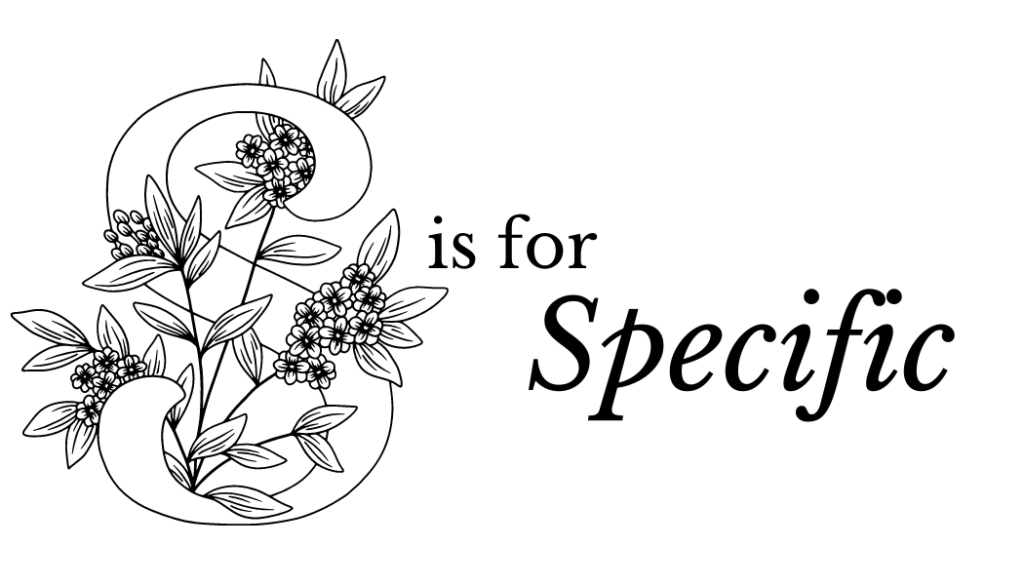
One of the main problems with New Year’s resolutions (and one I butted up against myself) is that they are often so ill-defined that they are completely unusable. In order to achieve a goal, you have to have a firm grasp on what it is you’re trying to do. It needs to be Specific.
Not Specific: I want to work on building my writing career. This goal is a good one, but how are you going to build your career? In what areas? With what actions? It’s too broad a statement to be helpful.
More Specific: To build my writing career, I’m going to write more this year. This is better! It’s not a fully fleshed-out goal, but we’ve narrowed it down to something more specific: focusing on more words on the page.
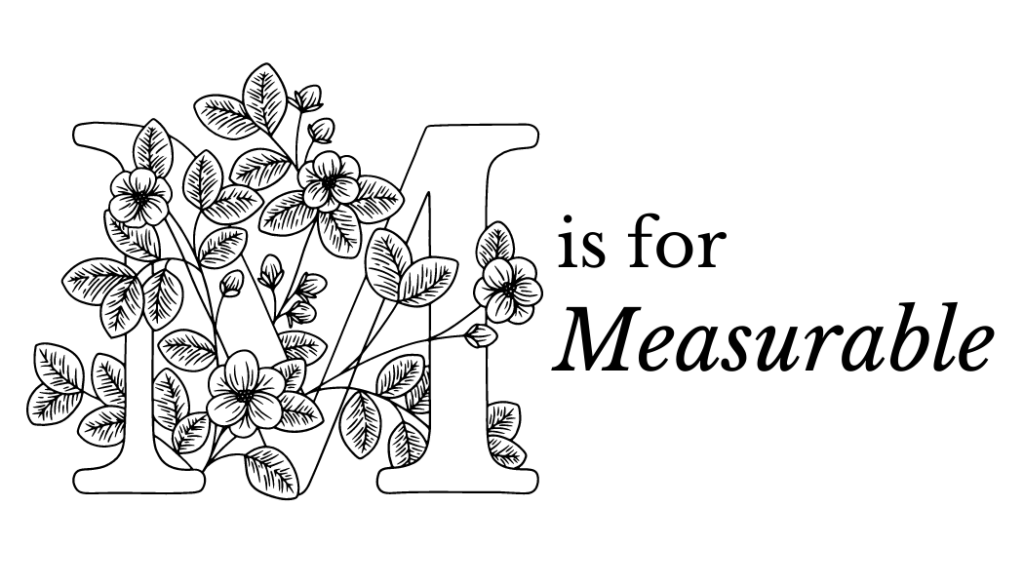
The next pitfall of goal setting is picking something that isn’t measurable. If you don’t put quantifiable parameters on your goal, how will you know when you’ve achieved it??
Let’s go back to our writing career goal: To build my writing career, I’m going to write more this year. Although this goal is more specific, it doesn’t give us firm enough guidelines for success. What counts as “writing more,” anyway?
After we add a measurable parameter, our goal is even clearer: To build my writing career, I’m going to write more by completing a flash fiction story every day.
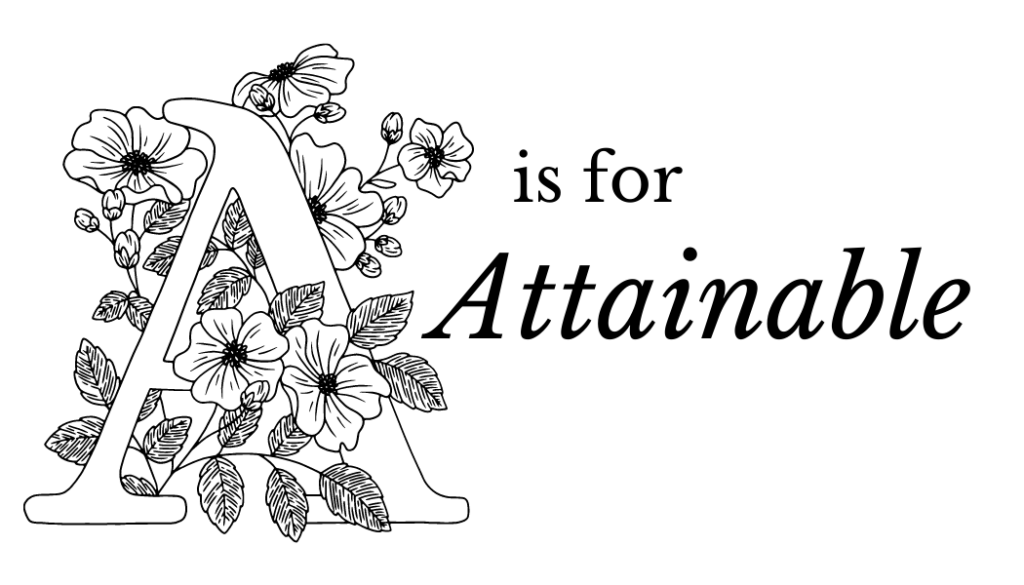
Is that more specific? Yes. Is it measurable? Also yes. Is it attainable? Like, is this something I can realistically do this coming year? NOPE. Absolutely not. Writing 365 flash fiction stories would be ludicrous for me to attempt, and I know it. So this goal doesn’t pass the Attainable sniff-test.
Let’s fix that: To build my writing career, I’m going to write more by completing 52 flash fiction stories.
There. That’s better. Next!
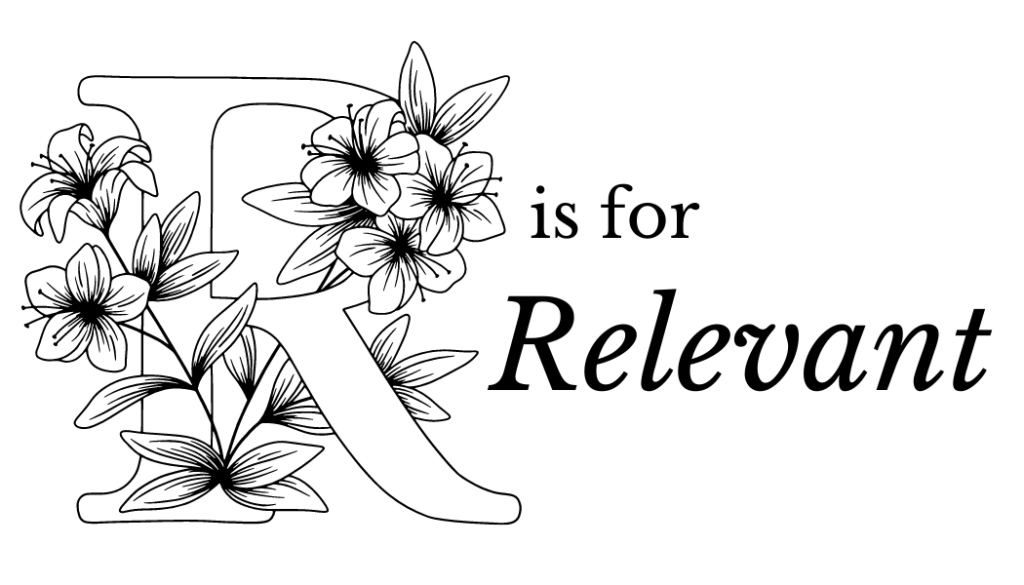
Next is R for Relevant. This one asks: does this goal really matter? Is this going to be the best use of my time?
Hmmm. Well, although I do think that writing of any kind is going to build my skills, and thus build my career, there are other areas that would be more relevant to my long-term goals than writing flash fiction.
Although I love writing these stories, they don’t play a big role in my over-all vision for my career as a whole. To make it more relevant, let’s change it to: To build my writing career, I’m going to write more by publishing 52 blog posts.
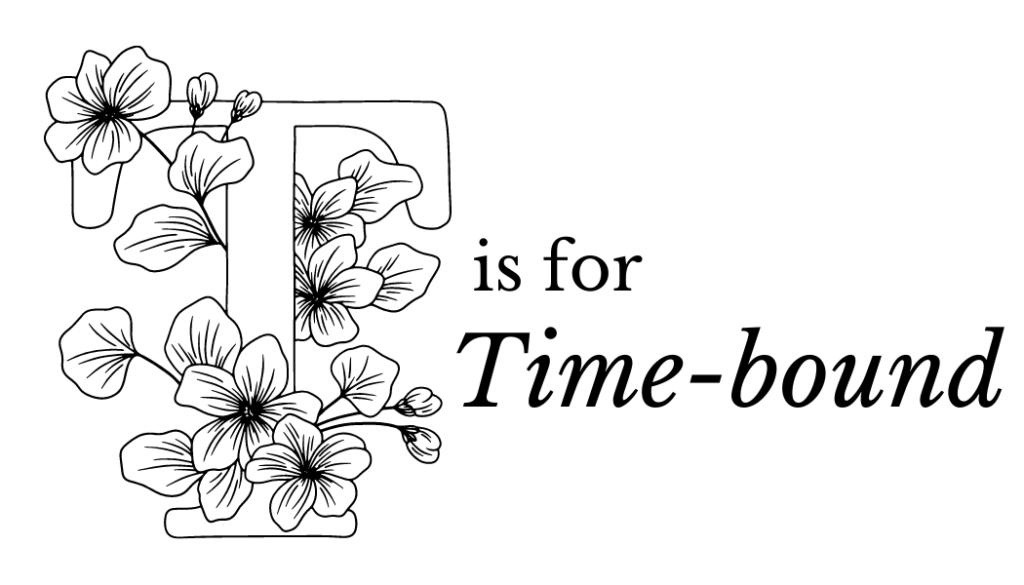
Ok. Our goal is specific now. It’s measurable, attainable, and relevant, too. The last piece of the puzzle is to make sure it’s Time-bound.
Deadlines are the tough-love of goals. If my goal is to post 52 blog posts, but I don’t say by when, I have the option of procrastinating as long as I like (and believe me, it would be forever).
So, let’s add a deadline: To build my writing career, I’m going to write more by posting 52 blog posts in 2022.
And there we go! We went from nebulous aspiration (build my career) to a real SMART goal (write 52 new blog posts in 2022). From here, I can add more detail, break it down into micro-goals and steps, but now I have a clear vision of what I’m setting out to do. It’s exciting and challenging, but it’s also doable. Score!
What about you? What are your goals for the New Year? Have you made them SMART yet?

Nice. I like this. Time to think about my goals
You’ll have to let me know how it works for you. 🙂